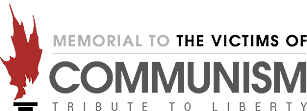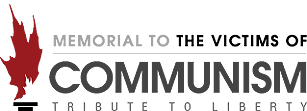The History of the Gulag: From Collectivization to the Great Terror (Annals of Communism Series)
This groundbreaking book presents the first comprehensive, historically accurate account of the camp system. Russian historian Oleg Khlevniuk has mined the contents of extensive archives, including long-suppressed state and Communist Party documents, to uncover the secrets of the Gulag and how it became a central component of Soviet ideology and social policy.

